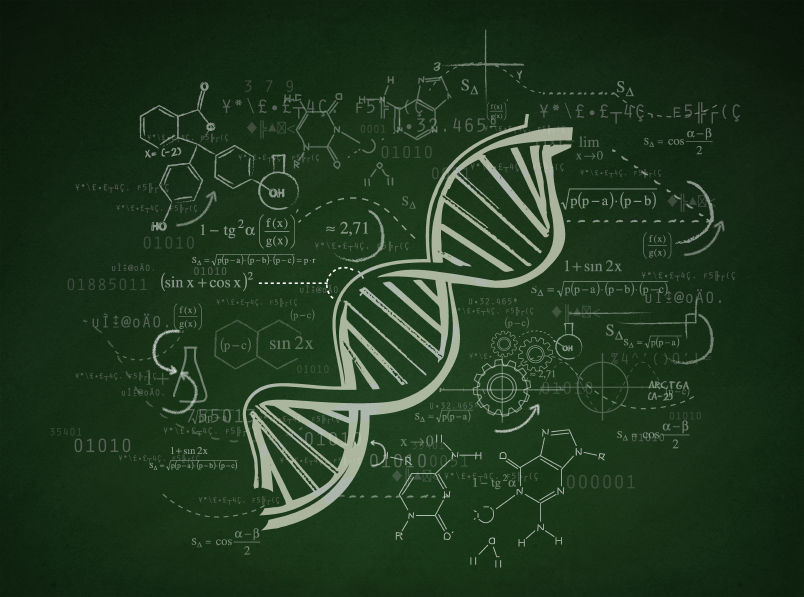In the Nature Methods journal published on 29 May, the team lead by Doctor VinitMahajan from Stanford University issued a warning to scientists using CRISPR-Cas9 as the tool “appears to trigger even more unexpected mutations than was originally anticipated”. Whilst retaining their “enthusiasm” for CRISPR, they advise scientists to “use whole genome sequencing” and not just algorithms “developed to predict the zones most likely to undergo unwanted deletions and insertions”.
Because these “high-performance algorithms reach their limit when CRISPR is used in cells or tissues in a laboratory setting” for an in-vivo application”. In fact, scientists have highlighted over 1,500 mutations in one single nucleotide and over 100 deletions and insertions on a bigger scale in two animals treated independently with CRISPR although none was detected by algorithms in current usage. Consequently, “scientists who do not use whole genome sequencing to find ‘off target’ effects could overlook potentially significant mutations”. “Even one change in a single nucleotide can have a highly significant impact”.
Belgium spends €15 million on non-invasive prenatal screening of Down syndrome.
Belgium will refund virtually the entire cost of non-invasive pre-natal screening for Down screening (NIPS) from 1st July onwards. Pregnant women should pay up to a maximum of €8.68 for a test costing €290 since last December (seeBelgium: back to basics for the cost of NIPS). Public Health Minister, Maggie de Block, has set aside a budget of €15 million for this approach, “which will refund 100,000 tests each year”. The measure should be confirmed by the Health Assurance Committee on Monday.
Note from Gènéthique:
- In Belgium, more and more pregnant women are undergoing NIPs
- Are financial pressures forcing the incorporation of NIPS in Down syndrome screening?
- The subversive power of disability versus increasingly active selection at birth
Le quotidien du médecin, Dr Irène Drogou (29/05/2017)

